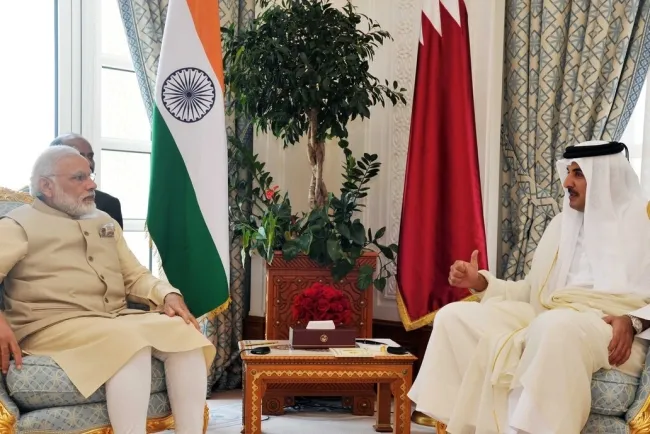Escalating Trade Wars: The Impact of Trump's New Tariffs on the U.S. Economy
In a move that has sent shockwaves through global markets, President Donald Trump has unveiled reciprocal tariffs that many fear could spark a full-blown trade war. Economic experts are warning that these tariffs may disrupt international trade and negatively impact American consumers. What does this mean for the future of U.S. trade relations and the economy?
The Tariff Announcement and Market Reactions
As tensions rise, the announcement of new tariffs has heightened anxiety among economists. Raymond D. Vickery, a former U.S. assistant secretary for commerce, emphasized that this approach undermines decades of international cooperation established post-World War II. Instead of fostering consensus through organizations like the WTO, Trump’s unilateral actions are steering the U.S. towards a more isolationist and transactional trade policy.
Vickery argued that this shift away from multilateral negotiations will have detrimental effects on both international relations and the U.S. economy. The move towards bilateral trade agreements may cater to Trump's business background but fails to promote broader economic stability.
Domestic Impact on U.S. Consumers
The ramifications of these tariffs are set to be felt domestically, particularly by American consumers. Vickery pointed out that while the tariffs may be marketed as a means to protect jobs, they are likely to lead to increased prices for imported goods. American consumers are expected to bear the brunt of these new costs, leading to inflationary pressures across various sectors.
As prices for everyday goods rise, the economic landscape for U.S. families grows increasingly precarious. Already grappling with inflation, consumers are voicing their concerns about the financial strain these tariffs could impose. Many are worried about the potential for job losses in industries reliant on imported materials and parts, which are essential for domestic manufacturing.
Emerging Economies and Global Trade Dynamics
The impact of these tariffs extends beyond U.S. borders, with emerging economies facing significant challenges as they navigate the new trade landscape. Vickery noted that countries like India are strategically managing their interactions with the U.S., attempting to appease the current administration while maintaining their economic sovereignty.
However, the overall trend points towards a decline in international trade, as these tariffs restrict market access and disrupt the allocation of goods and services globally. The long-term consequences could be a significant reduction in trade flows, potentially leading to economic instability in various regions.
Public Sentiment and Economic Outlook
As the early reactions from the U.S. public reveal, many consumers are already feeling the pinch from rising prices. Grocery bills, childcare costs, and other everyday expenses are climbing, contributing to a growing sense of discontent. The anticipation of further inflation and economic slowdown is creating a climate of uncertainty.
Voters who initially supported Trump's platform of lowering prices are now questioning the effectiveness of his policies, expressing frustration over the rising costs that contradict his promises. The fear of prolonged economic turmoil looms large as the nation braces for the potential fallout from these tariffs.
Conclusion
The introduction of sweeping tariffs by President Trump marks a significant turning point in U.S. trade policy, with far-reaching implications for both domestic consumers and international relations. As experts warn of a potential trade war, the challenge will be for policymakers to navigate these turbulent waters while balancing the needs of American workers and the realities of a globalized economy. The path forward may require rethinking strategies that have historically fostered economic growth and cooperation, lest the nation faces a prolonged period of economic hardship.
Stay tuned for further analysis on the evolving trade landscape and its impact on the global economy.
What's Your Reaction?















